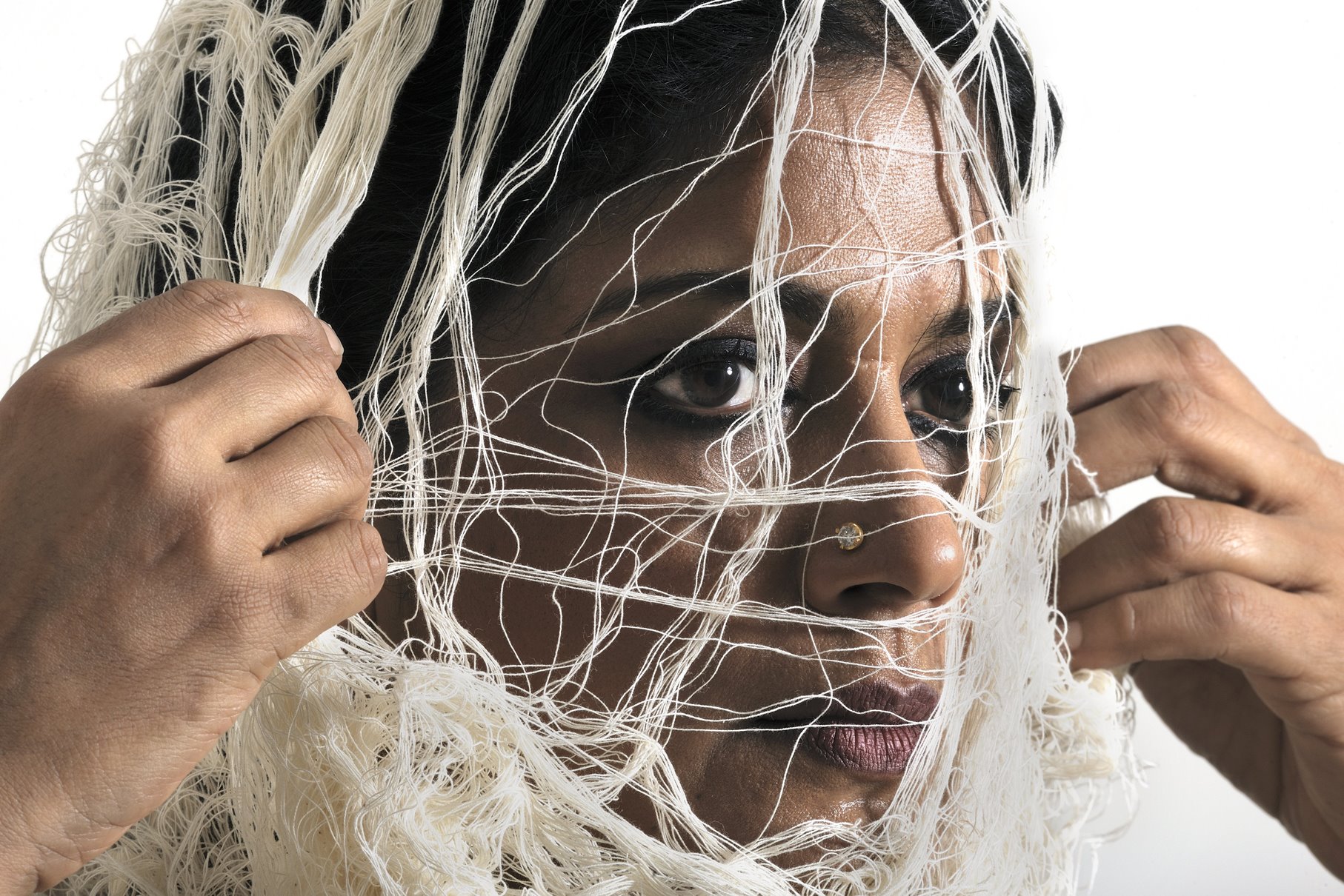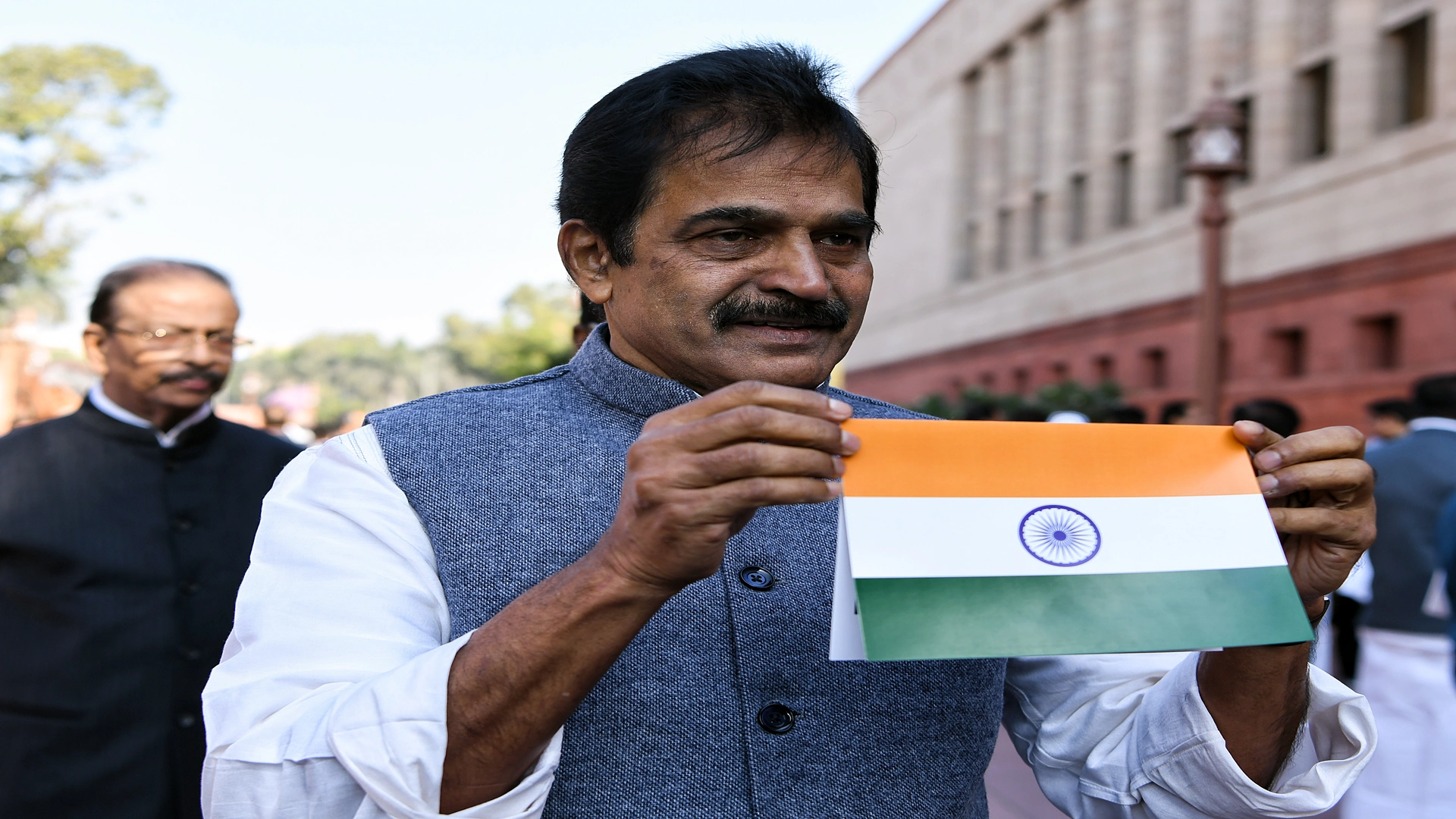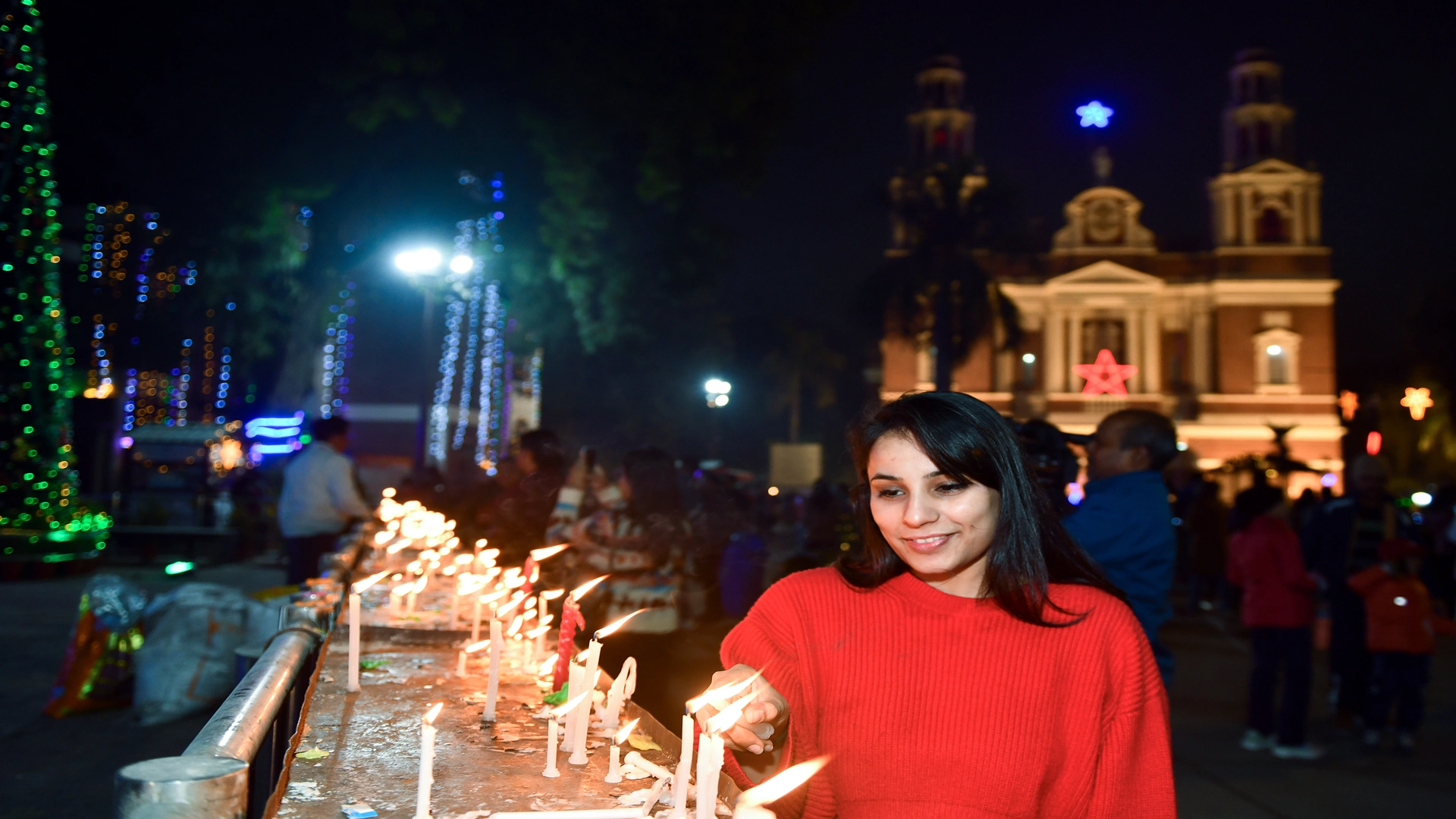Sahib Kaur, widely known as Mata Sahib Kaur, occupies a revered place in Sikh history, her life intricately woven with the spiritual fabric of Sikhism. Born in 1681 in Rohtas, Bihar, she embarked on a journey that would intertwine her destiny with Guru Gobind Singh, the tenth Guru of the Sikhs.
Early Life and Marriage:
Sahib Kaur, born into a devout Sikh family, grew up immersed in the teachings of Sikhism. Her early years were marked by a profound connection with the Sikh Gurus, setting the stage for her future role. At the age of nine, she was married to Guru Gobind Singh in 1700, becoming his spiritual consort and a beacon of strength in tumultuous times.
Motherhood of the Khalsa:
While Sahib Kaur did not bear children biologically, her significance transcended conventional motherhood. In 1699, Guru Gobind Singh initiated the Khalsa Panth, a community of baptized Sikhs, during the historic Vaisakhi event. Mata Sahib Kaur is symbolically regarded as the spiritual mother of the Khalsa, embodying the nurturing spirit that fosters the growth of the Sikh community.
Amrit Ceremony and Baptism:
One of the pivotal moments in Sikh history was the Vaisakhi of 1699, where Guru Gobind Singh summoned the Sikhs to Anandpur Sahib. It was during this gathering that Mata Sahib Kaur played a crucial role in the Amrit ceremony. Guru Gobind Singh, demonstrating the equality of all, asked for volunteers willing to sacrifice their lives. Five individuals, known as the Panj Pyare, emerged, ready to offer their heads. Mata Sahib Kaur prepared the Amrit, the sanctified water used in the baptism ceremony. This event marked the birth of the Khalsa, a distinct and disciplined Sikh community.
Devotion and Sacrifice:
Mata Sahib Kaur’s life exemplified unwavering devotion and sacrifice. As the wife of Guru Gobind Singh, she stood by him during challenging times, offering solace and support. The sacrifices made by the Guru’s family, including the martyrdom of their sons at a tender age, underscored the resilience and strength Mata Sahib Kaur displayed.
Legacy and Gurdwara:
The legacy of Mata Sahib Kaur endures in the hearts of Sikhs. Gurdwara Mata Sahib Kaur stands in Hazur Sahib, Nanded, Maharashtra, commemorating her association with Guru Gobind Singh. Pilgrims visit this sacred site to pay homage to the spiritual mother who played a pivotal role in shaping the destiny of Sikhism.
Spiritual Strength and Values:
Mata Sahib Kaur’s life was a testament to spiritual strength and adherence to Sikh values. She embodied the virtues of courage, selflessness, and devotion to the Guru. Her commitment to the principles of Sikhism serves as an enduring inspiration for generations of Sikhs.
Role in Guruship Transition:
After the passing of Guru Gobind Singh in 1708, Mata Sahib Kaur played a crucial role in the transition of Guruship. While Sikhs recognize Guru Granth Sahib, the holy scripture, as their eternal Guru, Mata Sahib Kaur’s presence during this period signified continuity and guidance for the Sikh community.
Philanthropy and Service:
Mata Sahib Kaur actively participated in philanthropic activities and selfless service. Her life reflected the Sikh principles of seva (selfless service) and compassion for humanity. Through her actions, she contributed to the ethos of Sikhism as a force for positive change in society. In conclusion, Mata Sahib Kaur’s life unfolds as a profound narrative of spiritual dedication, resilience, and service. Her role in the birth of the Khalsa and her unwavering commitment to Sikh values have etched her name in the annals of Sikh history. As the spiritual mother of the Khalsa, Mata Sahib Kaur continues to inspire millions, her legacy radiating the essence of Sikhism—a path of righteousness, equality, and devotion to the divine.













